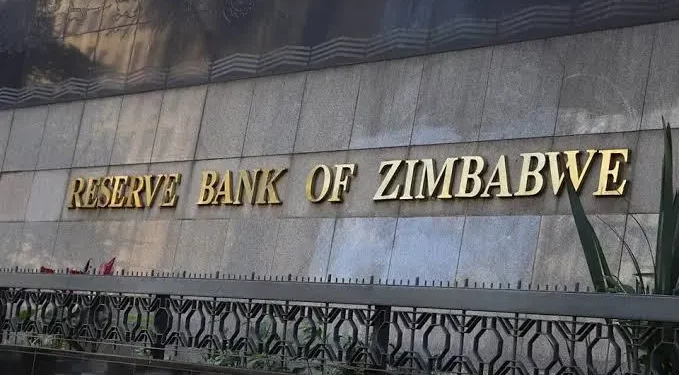Zimbabwe holds world’s highest interest rate at 150% after MPC meeting
- Advertisement -
Zimbabwe’s central bank has maintained the highest borrowing rates in the world at its initial rate-setting meeting following the re-election of President Emmerson Mnangagwa last month.
The monetary policy committee, as announced by Governor John Mangudya in a statement on Thursday, has decided to keep the benchmark interest rate at 150% for a consecutive second meeting.
- Advertisement -
“The MPC noted with satisfaction the sustained decline in month-on-month inflation,” he said. “The MPC affirmed its strong commitment to maintaining the current tight monetary policy stance and to take all necessary action to firmly anchor inflation and exchange rate expectations.”
- Advertisement -
The decision to maintain the interest rate comes after several emerging markets, including Egypt, the Philippines, Indonesia, Taiwan, South Africa, and Ghana opted to keep their rates unchanged last week.
Central Banks in these countries are carefully deliberating their monetary policy options.
High-interest rates have been a strategy to combat inflation, which has been a persistent challenge in many African economies, and the delicate balance between controlling inflation and promoting economic growth is also a paramount concern for these central banks.
The United States, in the meantime, has maintained its interest rates at 5.25%-5.50%, and indications suggest the possibility of further hikes. This has led to a strengthening of the US Dollar, causing ripples in the global financial markets, especially African markets.
- Advertisement -
Zimbabwe’s decision to keep the interest rate unchanged was largely anticipated, especially after the Treasury had previously signalled its intention earlier this month, Bloomberg reported.
The plan is to uphold a stringent fiscal and monetary policy framework, with the aim of ensuring economic stability and providing backing to the Zimbabwean dollar.
The local unit plunged about 85% against the greenback between May and June causing inflation to spiral upward. The government then intervened by liberalizing the exchange rate and introducing measures to promote the use of the Zimbabwean dollar, such as requiring corporate taxes to be paid in the currency.
The annual inflation rate decreased to 18.4% in September, down from 77% the previous month, following a revision in the methodology by the statistics office.
This revision took into account the significant influence of the US dollar in the country’s economy. The central bank has set a target for year-end price growth, aiming for a range of 60% to 70%.
Source: norvanreports
- Advertisement -


